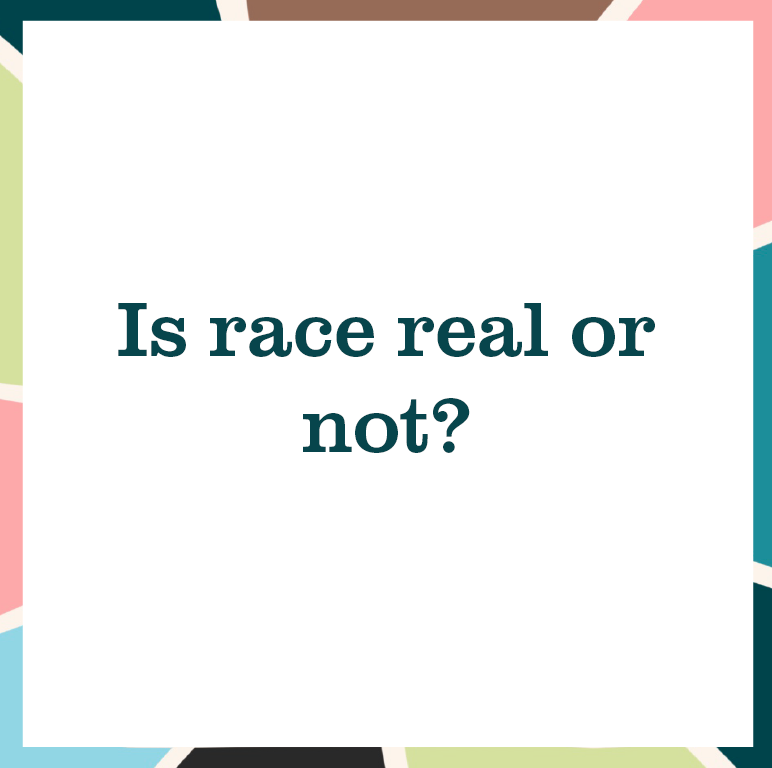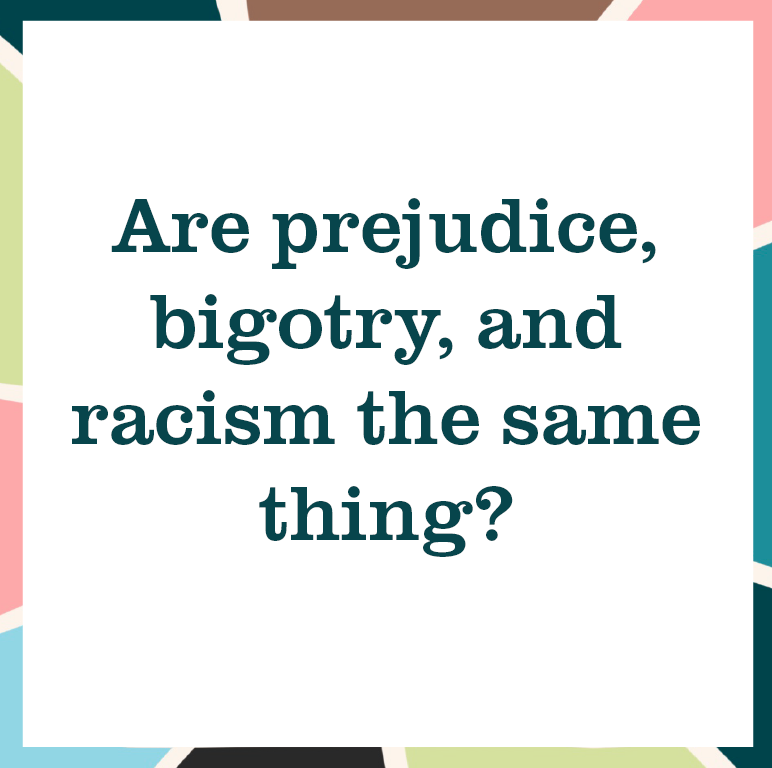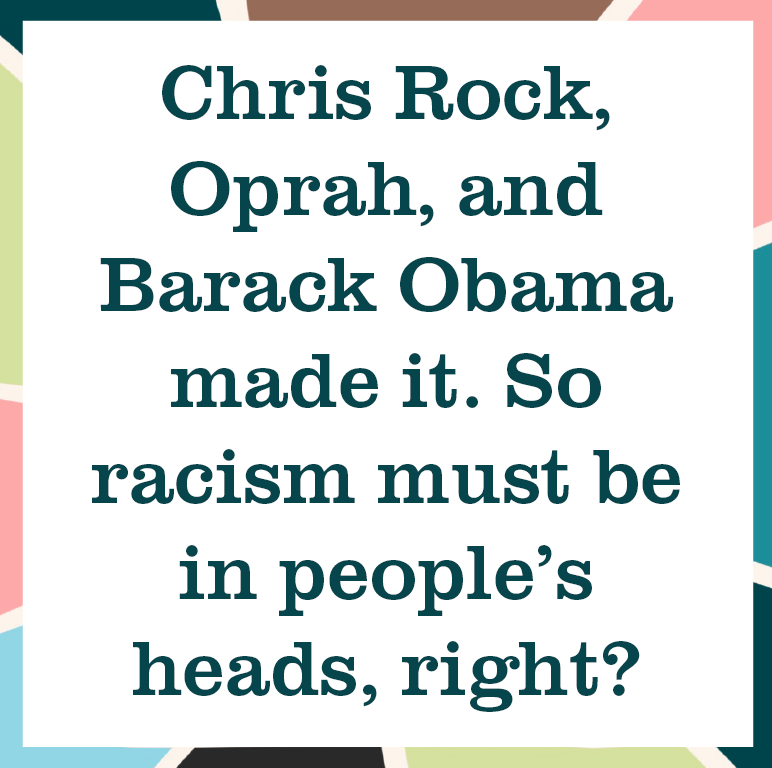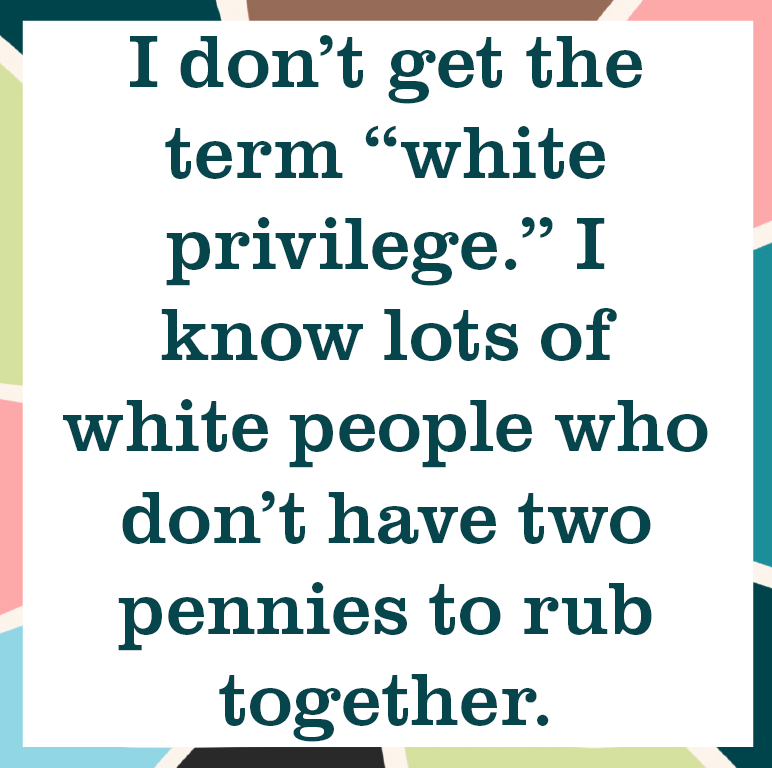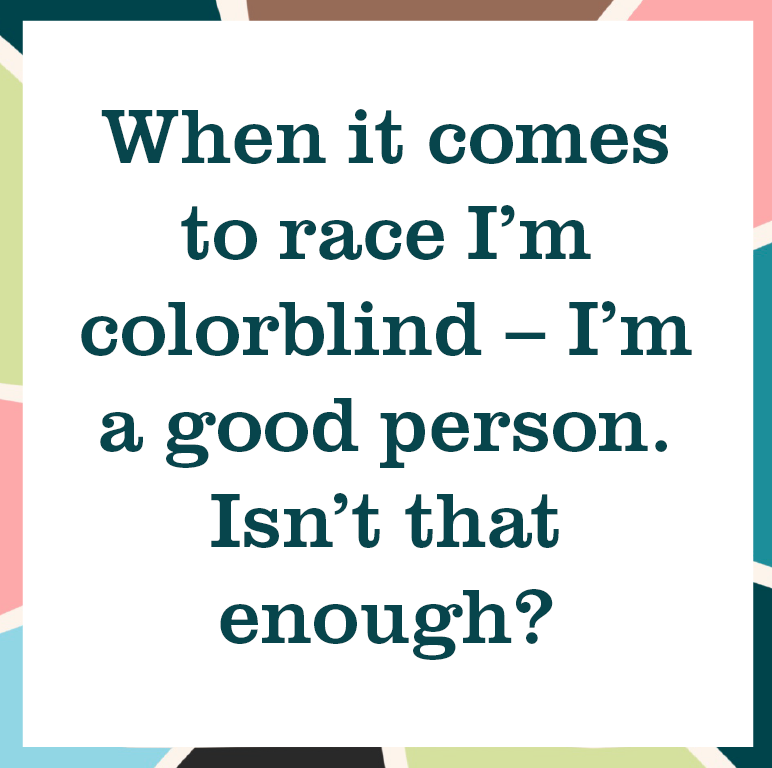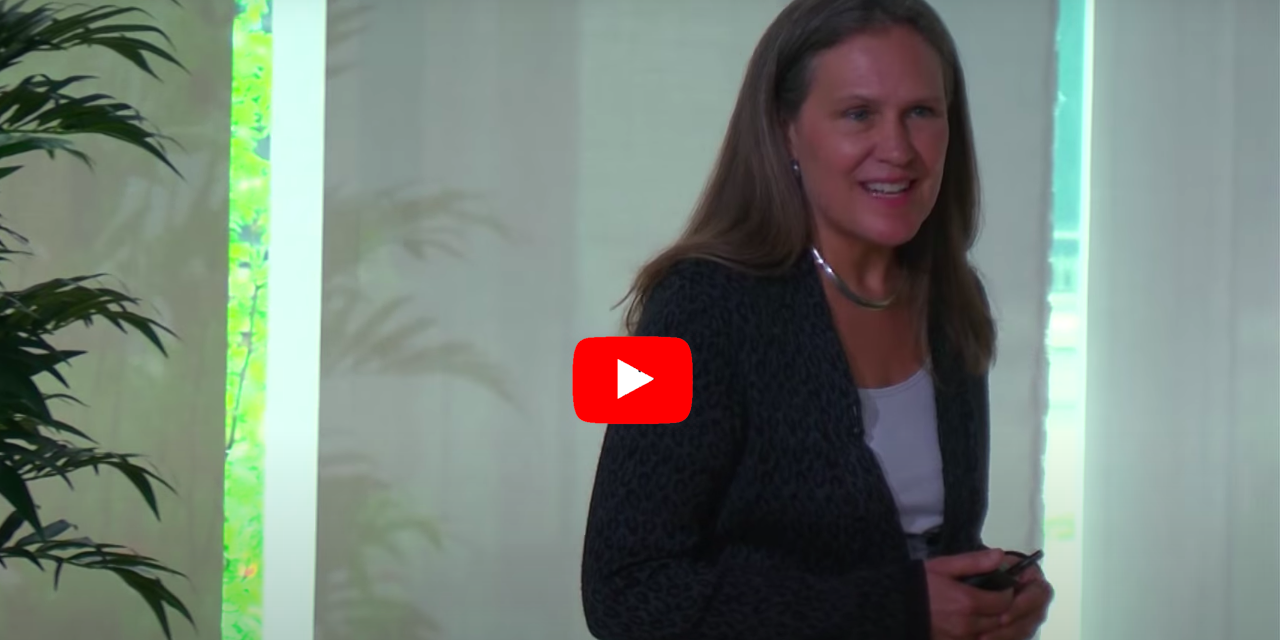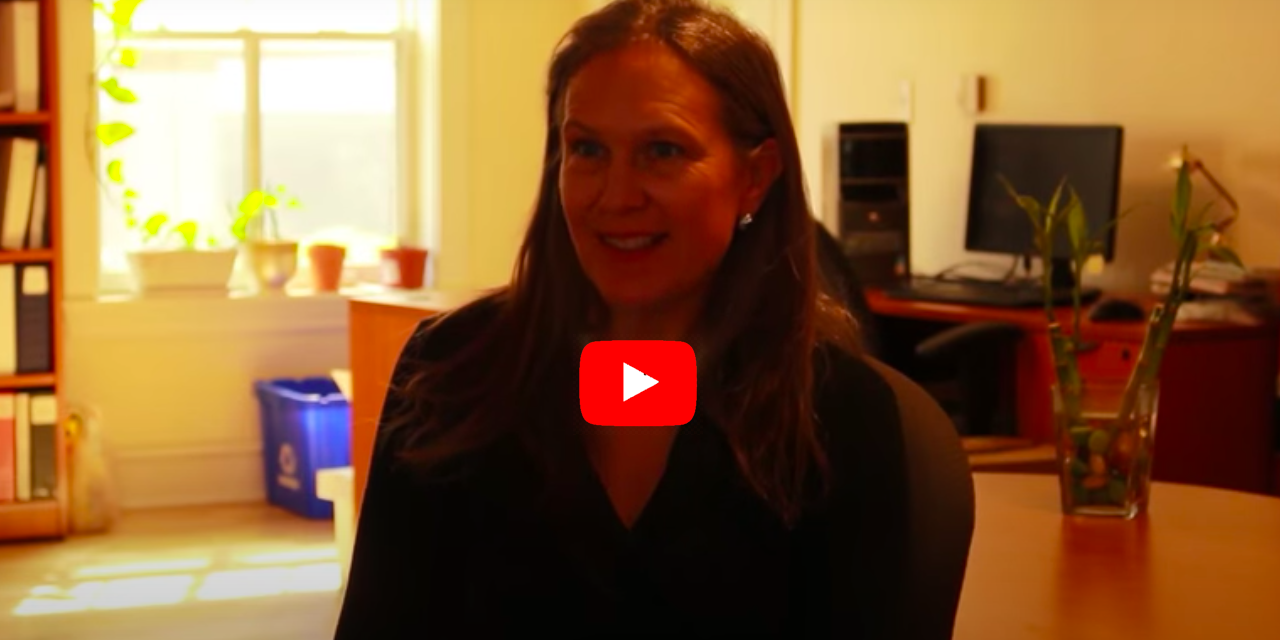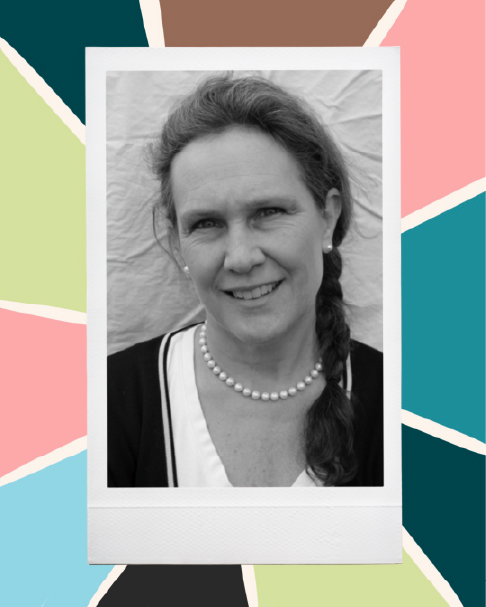
About Debby
Inspired by my own two-steps-forward, one-step-back journey away from racial ignorance, I educate other white people confused and frustrated by racism by transforming anxiety and inaction into empowerment and action.
I’m a white woman, raised in Winchester, Massachusetts during the socially turbulent 1960s and ‘70s. After a blissfully sheltered, upper-middle-class suburban childhood, I found myself simultaneously intrigued and horrified by the racial divide I observed in Boston. From 1984 to 2009 my work in urban neighborhoods and schools left me feeling helpless. Why did people live so differently along racial lines? Why were student outcomes so divergent? Why did I get so jumpy when talking to a person of color? Where did the fear of saying something stupid or offensive come from, and why couldn’t I make it go away? The more I tried to understand racial dynamics, the more confused I became. I knew there was an elephant in the room, I just didn’t know it was me!
Subscribe to My Newsletter
Receive occasional emails about upcoming events, recommended resources, and short writings.

 Learn more
Learn more 